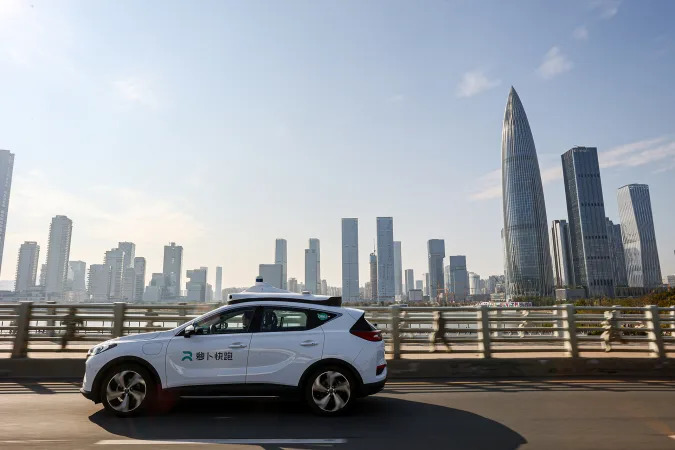
Baidu's Apollo Go robotaxi service should now a regular sight in China's biggest population hubs. Gizmodo and state-owned China Daily report the tech firm has introduced Apollo Go to Shenzhen's Nanshan District, making self-driving taxis available in every 'first-tier' Chinese city following rollouts in six cities that include Beijing, Guangzhou and Shanghai. The launch covers one of the most densely populated regions in southern China (Shenzhen's total population tops 13 million), and offers autonomous rides on the home soil of local tech industry heavyweights like Huawei and Tencent.
The initial robotaxi service is available through Baidu's Apollo Go app at 50 stations between 9AM and 5PM. The initial focus is on "high-frequency" transport arteries, including Shenzhen Talent Park and the surrounding area. Baidu plans to expand coverage to more than 300 stations by the end of 2022.
Apollo Go is far from ubiquitous at this stage. Baidu expects to serve 65 cities by 2025, and won't reach 100 cities until 2030. It also faces growing competition from rivals like AutoX, which also offers self-driving rides to the public. Even so, this represents one of the largest real-world robotaxi deployments. Waymo's One service is only generally available in parts of the Phoenix metropolitan area, while GM's Cruise just recently began offering limited public rides in San Francisco. Baidu is ahead of the curve, and it's just a question of whether or not the company can sustain that advantage.

Post a Comment